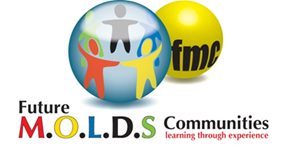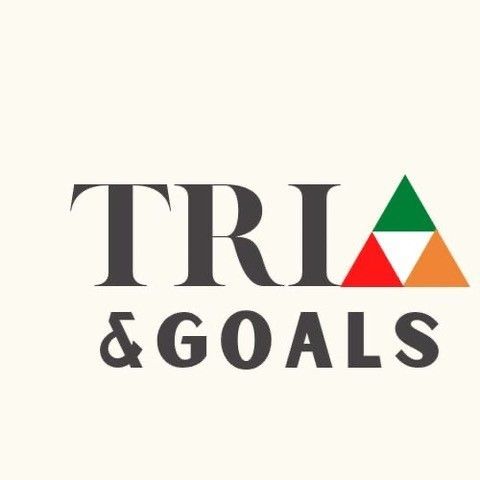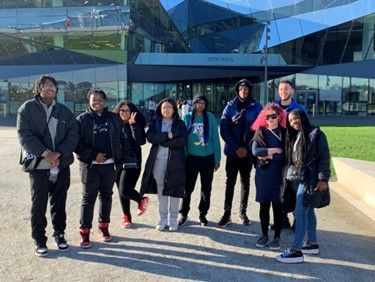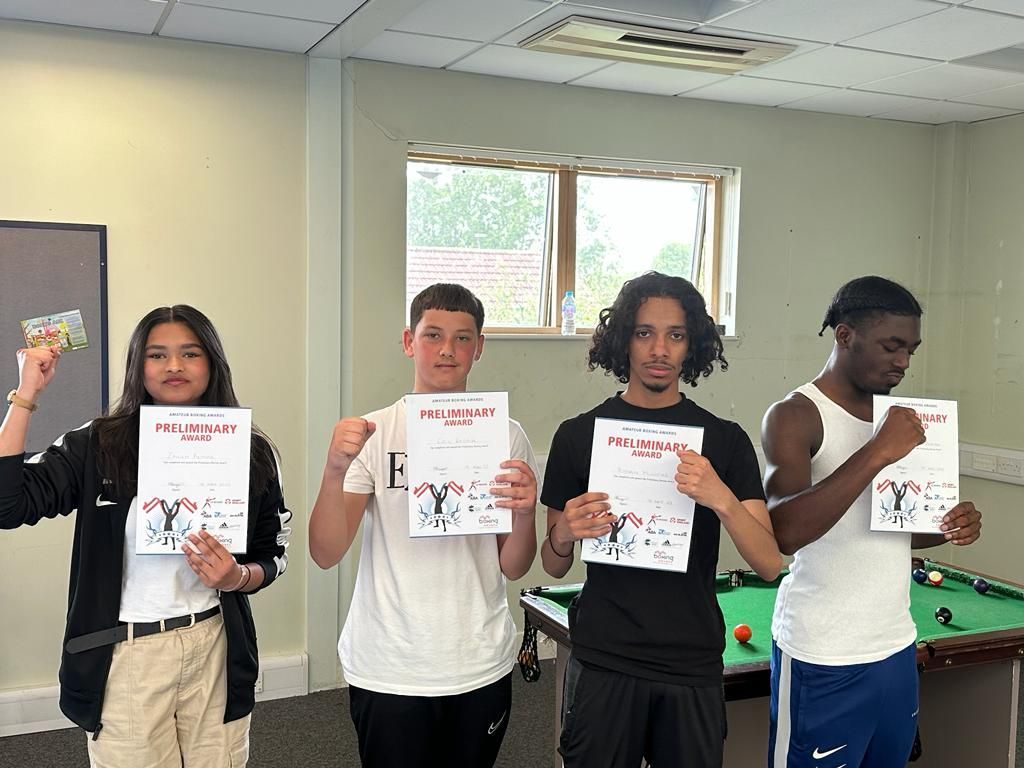PPP
Positive Peers Programme
About us
The Positive Peers Programme (PPP) is a collaborative project between eight voluntary, sector grassroots partners experienced in working with CYP and based in Barking and Dagenham.
PPP started as a pilot project testing a new approach to community-based and led support for 100 CYP aged between 10 and 18 years. The project tested a new model of single-point referral and assessment, with peer and community referral central to its core. Can working closer make real change for CYP?
The project also included specific capacity building objectives led by the B&D CVS:
- Increasing capacity and capability across partner organisations in key identified areas
- Evaluating the impact of community-based, peer enabled single access point services on CYP outcomes
- Building better links and collaborative working arrangements with the enormous range of statutory and non-statutory stakeholders engaged with CYP locally
Analysis of current CYP across the partnership helped us set an EDI target that 75% of beneficiaries will be from a range of mixed ethnic minority backgrounds. All VRU priority groups were be supported:
- Young women
- People with care system experience
- Involved in or at risk of entering criminal justice system
- Those excluded/disengaged/unsafe from school or wider community
- CYP in poverty
- CYP with poor mental health
External Partners
Alongside the partners involved in the PPP, the project provided a platform to partner and collaborate with other organisations:

BD Collective (https://bdcollective.co.uk/) provide networking support for the social sector within Barking and Dagenham – “the network of networks”.

Born to Excel (https://www.borntoexcel.co.uk/) provide mentoring and coaching sessions/ workshops.

Elevate Her UK (https://elevateheruk.org/) serve young people within marginalised communities through early inventions, mentorship, employability skills and opportunities.





















